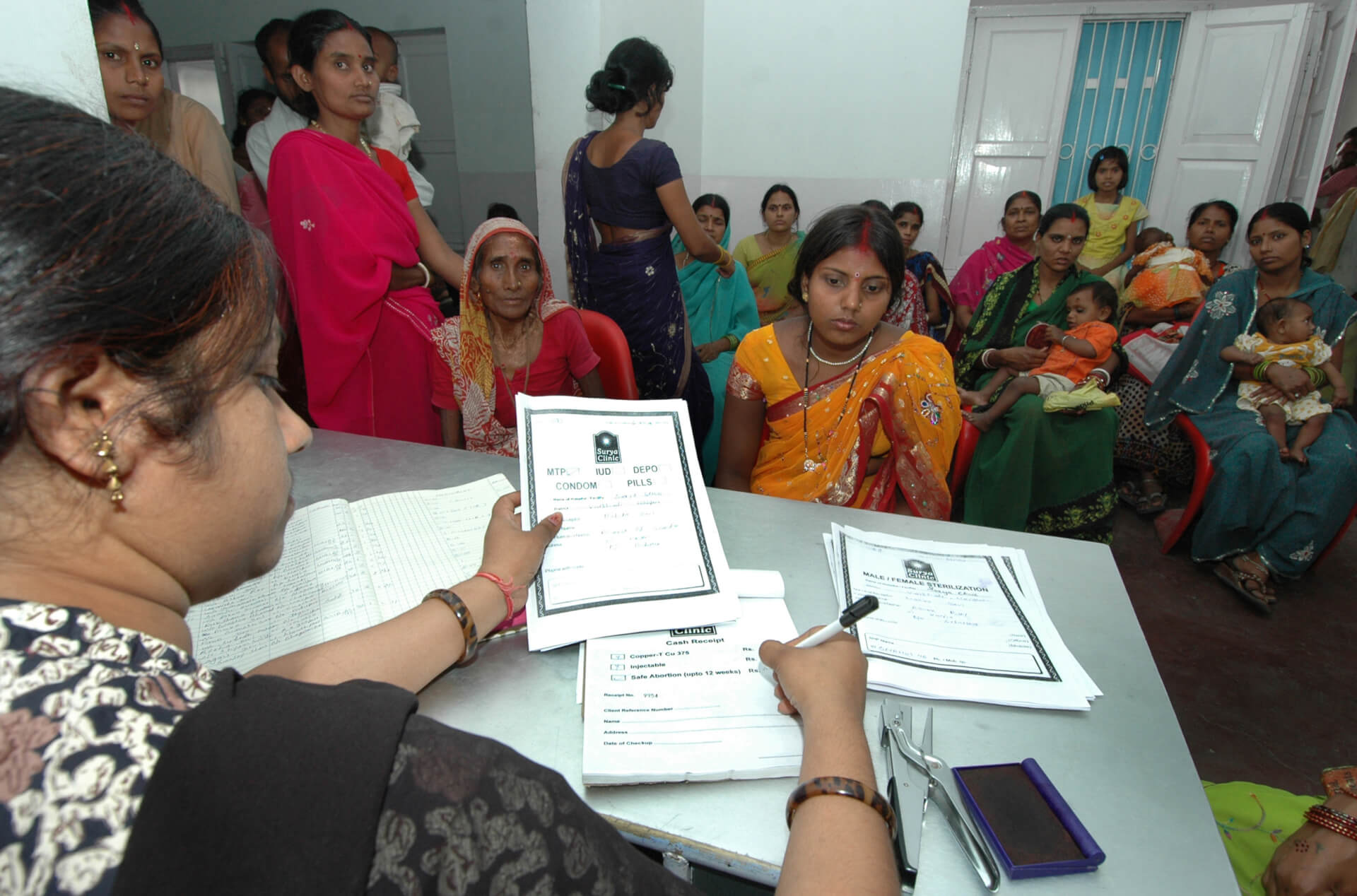In what is being lauded as a landmark judgement for women’s rights, the Supreme Court (SC) of India passed an order declaring that all women, including unmarried and non-cisgender women, have the right to safe abortions until up to 24 weeks of their pregnancy.
Though abortion has been a legal right in India since 1971, the case sought to clarify the interpretation of the Medical Termination of Pregnancy Act (MTP), 1971 and the 2021 Amendment. Last year’s amendment determined that married women could access abortions up to 24 weeks, an increase from the previous 20-week limit. Experts and lower courts largely interpreted the law to exclude unmarried women, who were allowed access to abortions only up to 20 weeks.
In this regard, Thursday’s judgement clarified, “The artificial distinction between married and unmarried women cannot be sustained. Women must have autonomy to have free exercise of these rights.”
Justice DY Chandrachud, who is on his way to becoming one of the longest-serving chief justices of the apex court, highlighted the barriers that restrict access to safe abortions, saying, “These barriers include insufficient infrastructural facilities, a lack of awareness, social stigma, and failure to ensure confidential care.”
On unmarried women, the SC acknowledged the “gender stereotypes” about pre-marital sex that impede access to safe abortions and “[negate] women’s right to reproductive autonomy.” It emphasised that these stereotypes force couples to seek abortions by “unlicensed medical practitioners” in inadequately equipped facilities.
The SC’s acknowledgement, that unmarried women are discriminated against while seeking abortion & married women face sexual violence within a marriage,is a huge step forward. When gender equality across political spectrums is ignored for ‘larger politics’,this makes one hopeful.
— Neha Dixit (@nehadixit123) September 29, 2022
Justice Chandrachud stressed that unmarried women face “additional obstacles,” such as a lack of sex education, access to contraceptives, and difficulties meeting licensed medical practitioners. Therefore, the judgement said that it is more critical to protect unmarried women’s right to safe abortions.
He also pointed out that while legal rights have historically been rooted in the institution of marriage, the evolution of the legal system in “modern times” is abandoning the “notion that marriage is a precondition to the rights of individuals.” Keeping this in mind, Chandrachud noted that the laws must “remain cognizant” of changing family structures and establish equal rights for married and unmarried women.
Marking another major victory for women’s rights activists, the SC recognised marital rape for the first time, declaring that married women could also access abortions under the provision, allowing them to terminate pregnancies caused by sexual assault or rape. “A woman may become pregnant as a result of non-consensual sexual intercourse performed upon her by her husband,” the order read.
However, the top court clarified that rape “must be understood as including marital rape, solely for the purposes of the MTP Act and any rules and regulations framed thereunder.” Hence, while the SC recognised marital rape regarding abortions, it emphasised that the judgement does not impact the country’s laws on the issue, which do not criminalise marital rape.
Supreme Court of India: both married and unmarried women have a legal right to abortion.
— Zakka Jacob (@Zakka_Jacob) September 29, 2022
US Supreme Court: women cannot have the right to abortion as it is against the right to life.
Now, you decide which is progressive and which is regressive.
Additionally, the SC remarked that while determining whether the pregnancy poses a “grave danger” to the woman’s mental or physical health, “significant reliance” must be placed on her estimation of her capability to continue the pregnancy. The verdict recognised “situational, social, and financial circumstances” that could contribute to the decision.
The court also reiterated that medical practitioners must protect the personal details of women seeking abortions as part of their right to privacy, failing which they could incur a year’s imprisonment or a fine. Justice Chandrachud stressed that minor women might be reluctant to approach certified practitioners for abortion over concerns about being compelled to initiate charges under the Protection of Children Against Sexual Offences Act (POCSO). In such instances, he directed medical practitioners to maintain confidentiality if requested by the minor or if the sexual act was consensual.
Thursday’s judgement has drawn comparisons with the United States’ (US) Supreme Court’s decision in June to overturn the Roe v. Wade judgement, which had established the constitutional right to abortion in 1973. “Internationally, judgments affect each other — and this is a landmark one because it recognises a woman’s right over her body and reproductive freedom regardless of what governments and legislatures might say,” Gender Rights lawyer Karuna Nundy said about the Indian Supreme Court’s decision.

